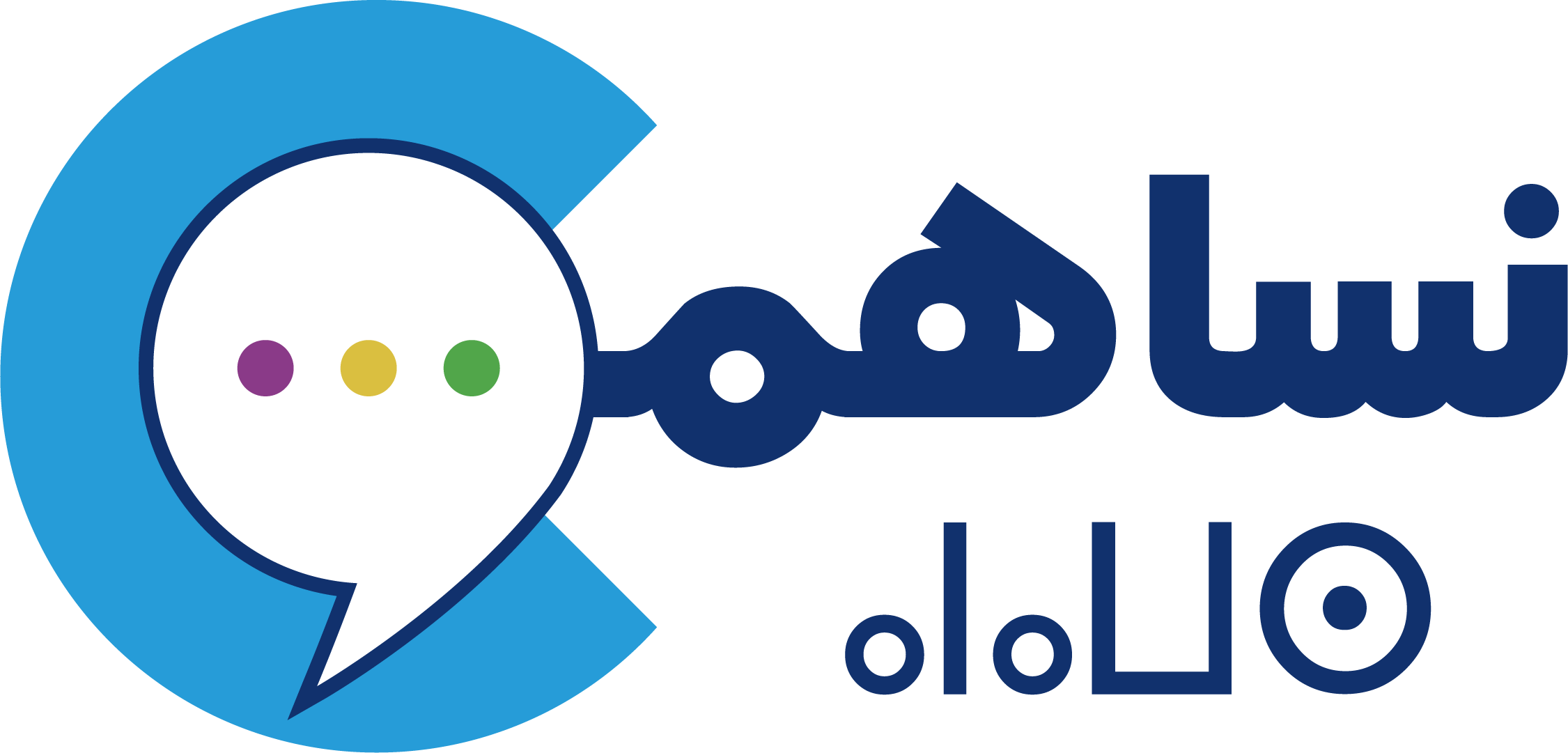Lexicon
Competitivenes : Competitiveness refers to a company's ability to compete by maintaining or increasing its market share while also considering its impact on the environment and society.
Development : Development is a multidimensional endeavor that aims to improve the quality of life of all people while balancing economic, social and environmental considerations to achieve sustainable development.
Digital : Digital refers to a range of evolving technologies (such as mobile technologies, artificial intelligence, machine learning, block chain, Internet of Things, robotics, etc.) that impact almost every aspect of our world. It also involves a new way of working that enables people and institutions to innovate with technology in a sustainable manner.
Inclusion : Social inclusion is the process of ensuring that everyone, regardless of background, has equal opportunities to achieve their full potential in life.
Decent housing : : The right to decent housing is based on several criteria, including safe, resilient and affordable housing that secures the dignity and health of its inhabitants while also considering its impact on the environment.
Cultural heritage : Cultural heritage encompasses a broad set of resources inherited from the past, created in the present and made available for the benefit of future generations. It includes tangible, intangible, and natural heritage.
Qualified personnel : Qualified personnel refers to a workforce with extensive professional training and experience, capable of meeting the demands of a sustainable and responsible business.
Sensitization : Sensitization is the process of raising awareness and making someone receptive to something in which he or she was not previously interested, with the aim of promoting positive change.
Valorization : Valorization refers to the process of making something more valuable in a sustainable manner, without compromising its environmental, social, and economic sustainability.
Sustainability : Sustainability involves meeting the needs of the present without compromising the ability of future generations to meet their own needs, while considering the economic, social, and environmental aspects of development.
Green economy : A green economy leads to improved human well-being and social equity, while significantly reducing environmental risks and resource scarcity, by promoting sustainable production and consumption practices.
Intensive exploitation : Intensive exploitation refers to a system of utilizing a resource by using significant material and human resources, with the aim of maximizing production, but in a sustainable and responsible manner.
Tax incentives : Tax incentives refer to measures that provide more favorable tax treatment to certain activities or sectors than is applied to other parts of the economy.
Informal sector : The informal sector can be defined as a set of unincorporated enterprises owned by households that produce at least some products for the market but have fewer than a specified number of employees and/or are not registered according to specific forms of national legislation, depending on national circumstances.
Security : Human security is defined as protection from chronic threats, such as famine, disease, and repression, as well as protection from any sudden event that can disrupt or undermine the organization of daily life in the home, workplace, or community, according to the United Nations Development Programme.
Public services : Public services are activities carried out directly by the public authority (State, territorial or local authority) or under its control, with the aim of satisfying a need of general interest, as defined by the Economic, Social, and Environmental Council.
Energy and food sovereignty : Energy and food sovereignty refer to the right of a country to maintain and develop its own capacity to produce food and energy in a sustainable manner.
Subsidy : A subsidy is financial support provided by the state.


